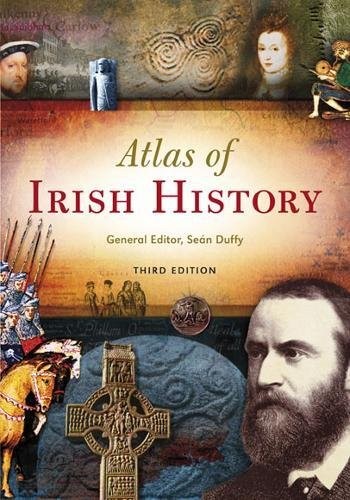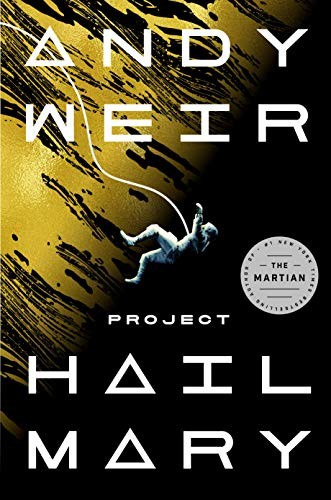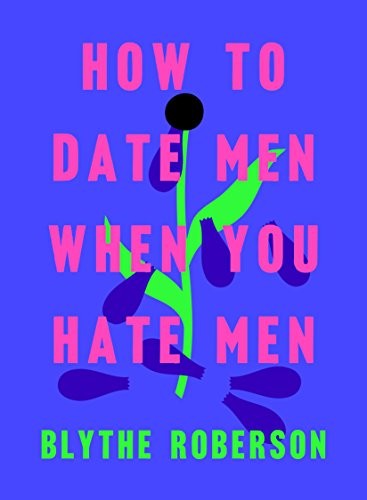The author is at or near the peak of general Christian history scholars in the English language. He blends nuance and clarity as well as anyone could hope for. The book is worth reading.
The chronological scope of the book is the whole Christian era up to about 2023, plus about a thousand years of Greek and Judean roots before Jesus. And then the thematic scope covers (deep breath) ... marriage, celibacy, divorce, family structure, desire, illegitimacy, women in public ministry, same-sex relationships, cloistering, polygamy, abortion, masturbation, and intercultural encounters such as during imperialism.
So, it is with mountains of respect that I must point out two huge gaps. First, he simply drops discussion of the Orthodox Christian world around the year 1000 to focus exclusively on the Latin, and later Protestant, West. The best part of the book was before that, when Greco- Roman- Judean- Egyptian- civilizations synthesized into this new thing called "Christianity." But almost nothing is said about the whole eastern half of Christendom from the 11th century until the 21st. This creates the false impression (which I don't think the author believes) that the region all of a sudden stood still, unlike the dynamic and progressive West. Obviously stuff like Martin Luther was important. But so was, for example, Russia's rivalry with the Ottomans or the expansion of Islam into the Balkans.
At the same time, he really goes into the weeds on English and later Anglican internal history. Like, whole chapters. This isn't a surprise, since MacCulloch is a professor in the UK as well as an Anglican deacon, who is writing for an English-speaking audience. If those parts were trimmed substantially, then he'd have more space for ...
The second huge gap - the colonization of the Americas by the Spanish and Portuguese. It was the first, and largest, expansion of Christianity outside the former Roman Empire. Catholic mercenaries and friars tried to convert tens of millions of people from radically different cultures. How were the ideas of, say, monogamy or original sin received by the Mayans? How did the Spanish interpret the sexual behaviors they saw in the New World? Did the Catholics modify some practices in order to win converts, like they did within Europe? NONE of this is covered. Plenty of written sources DO exist. In contrast, the book does discuss expansion to "alien" cultures within Europe, such as Scandinavia. Was that really more important? I just can't believe that arguably the most extraordinary and consequential period of Christian history is ignored.
To his credit, the author does a better job with the story of imperialism in Africa, and the development of African varieties of Christianity that followed. Probably because that all was put in motion by the UK.
So to sum it up:
- this is a very good history book
- neither "traditionalists" nor modern secularists will feel their beliefs about sex fully vindicated by what actually happened in the past
- tons of fascinating and funny bits, ironies, complications etc.
- don't be put off by the length; the main text ends on pg. 497, and the last 150 pages are the endnotes, index, etc.
- the Western European focus is hard for me to overlook ... which means they should have gone with a less grand title for this volume














